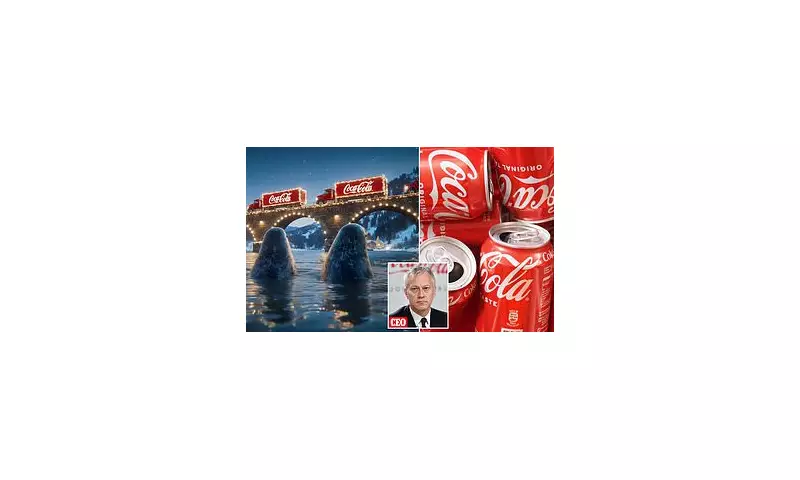
In what can only be described as a spectacular festive misfire, Coca-Cola's highly anticipated AI-generated Christmas advertisement has become the centre of controversy after being plagued by technical errors and unfortunate timing alongside significant workforce reductions.
The Glitch That Stole Christmas
The beverage giant's attempt to harness artificial intelligence for their seasonal marketing campaign has backfired spectacularly. Viewers and marketing experts alike were left bewildered as the advertisement, intended to spread holiday cheer, instead displayed noticeable technical flaws that undermined its professional appearance.
Industry analysts have noted that the timing couldn't be worse for the multinational corporation. The flawed advertisement emerged simultaneously with news of substantial layoffs within the company, creating a perfect storm of negative publicity during what should be their most profitable season.
A Question of Corporate Priorities
The juxtaposition of investing in experimental AI technology while cutting human jobs has raised eyebrows across the business community. Marketing professionals have questioned the wisdom of allocating substantial resources to unproven technological ventures while making workforce reductions elsewhere in the organisation.
One marketing director, who wished to remain anonymous, commented: "When companies pursue cutting-edge technology at the expense of their workforce, it often backfires both internally and in the public eye. The Christmas period magnifies these perceptions significantly."
Broader Implications for AI in Advertising
This incident raises important questions about the role of artificial intelligence in creative industries:
- The reliability of AI-generated content for major campaigns
- Public perception of companies replacing human creativity with algorithms
- The ethical considerations of technological investment during workforce reductions
- The potential damage to brand reputation from technical failures
Consumer response on social media platforms has been largely critical, with many expressing disappointment that a company of Coca-Cola's stature would release a flawed advertisement during the emotionally charged holiday season.
What This Means for Future Campaigns
The debacle serves as a cautionary tale for other corporations considering similar technological leaps. While innovation in marketing is essential, this incident demonstrates that the human element—both in creation and employment—remains crucial to maintaining public goodwill.
As the holiday season progresses, all eyes will be on Coca-Cola to see how they address this dual crisis of technological failure and workforce management.





